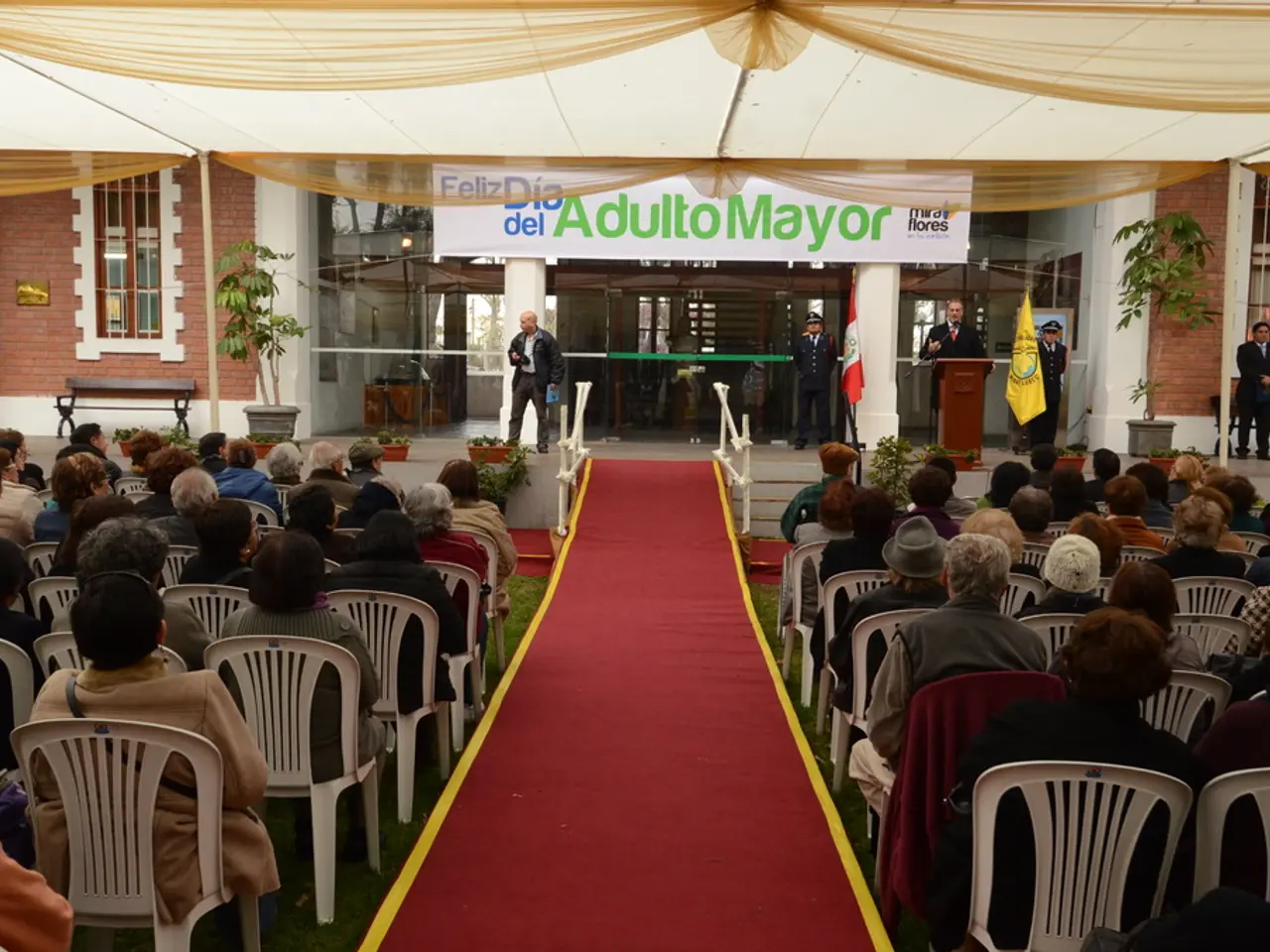Municipal Authorities Shut Down Water Wells and Sewage Treatment Facilities
The Gaza Strip, home to over two million Palestinians, is currently grappling with a severe fuel shortage, causing a near-complete halt in essential services. The ongoing Israeli blockade is the primary cause of this scarcity, with Israel only allowing minimal fuel imports.
The consequences of this fuel crisis are far-reaching and dire. Medical and health services are collapsing, with hospitals and critical units like maternity, neonatal, and intensive care shutting down or suspending life-saving treatments such as dialysis. Ambulances are unable to operate, putting patients and the wounded at risk of death.
Water and sanitation systems are failing as well. Without fuel, water production and sanitation networks cannot function, leading to a lack of clean drinking water and the accumulation of sewage and solid waste, heightening the risk of deadly disease outbreaks.
The fuel shortage is also crippling humanitarian aid delivery, paralyzing the transport of essential goods like food and disrupting the operations of bakeries and community kitchens. This situation pushes the population closer to starvation.
Broader infrastructure is also affected, with power outages widespread, telecommunications networks at risk of shutdown, and roads becoming impassable, cutting off communication and mobility for those in need.
Despite a recent limited shipment of fuel, the amount is far from sufficient, not even meeting a single day’s needs.
The potential solutions to address this crisis focus on humanitarian access and adequate fuel supply. Immediate and sustained fuel deliveries are essential to keep hospitals, water and sanitation systems, and humanitarian operations running. The UN and other agencies have called on Israeli authorities to allow continuous and sufficient fuel imports into Gaza.
Facilitating unhindered passage of humanitarian aid and personnel is also critical, as current restrictions and denials of access prevent coordination and delivery of fuel and aid to the most affected areas. International intervention and pressure may be necessary to ensure agreements for regular fuel shipments and to break the blockade that is exacerbating the crisis.
Support for alternative energy solutions could provide temporary relief given the fuel shortages, although the immediate priority remains restoring conventional fuel supplies due to the scale of Gaza’s needs.
Without urgent resolution, UN agencies warn of the collapse of all humanitarian efforts, leading to catastrophic impacts on health, nutrition, water, and sanitation, and pushing Gaza’s population to the brink of disaster. German Chancellor Friedrich Merz finds the actions of the Israeli government in the Gaza Strip unacceptable.
The Commission, having been consulted on the draft directive related to general-news, is now considering steps to address the environmental-science implications of the ongoing fuel crisis in the Gaza Strip. The unfolding situation, marked by a severe fuel shortage, has significantly impacted not only the political landscape but also the scientific community, with the potential for long-term ecological consequences.






